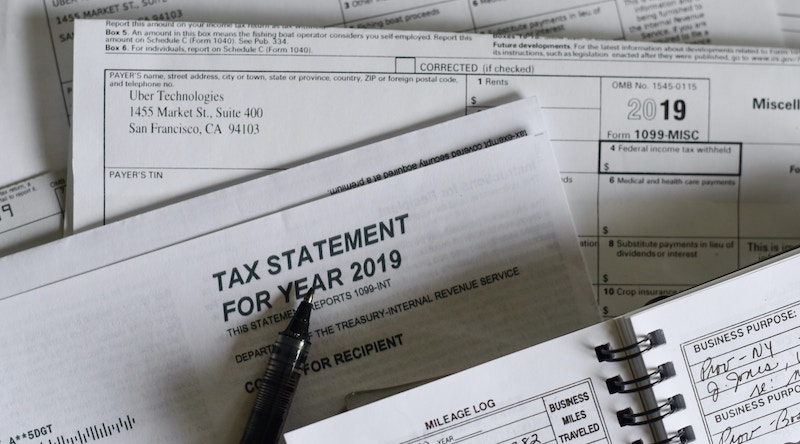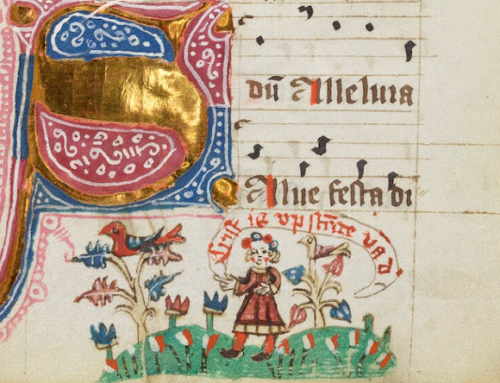Easter Sunday was over a week ago now. Although the Church proclaims that it is still Easter and we will continue to see white vestments for more than a month, it’s hard to escape the feeling that life is back to business as usual. This can feel especially so today. After all, what could be more a sign of day-to-day drudgery than Tax Day!
Nevertheless, Easter is not over, and Tax Day offers an interesting opportunity for reflection as we move from the octave of Easter to the rest of the Easter season.
Now, paying taxes is, in itself, good. It should be an act of the virtue of justice, whereby we render to others what is due to them. In the case of taxes, we, as citizens of an ordered society, owe support to those charged with fostering the common good, so that they will have the means to do so.
But we owe much more to our country than just taxes. Saint Thomas Aquinas uses the word “piety” to describe the virtue covering what we owe in justice both to our parents and our country (ST II-II, 101, 1). But the kind of justice at play is not strict justice, because we can never fully repay something equal to the gifts that we have received from our parents or our country. Our parents, as co-creators, give us the gift of life and the environment in which we are raised and come to maturity, nurturing us and caring for us long before we are able to do so for ourselves. Similarly, our country is a larger community in which we share the common good, and the context for our nurturing, growth, and maturity is provided.
If we can never fully repay our parents and our country, how much more true is this with respect to God. The virtue of religion is the virtue that considers what we owe to God. God has given us more than we can ever repay or even imagine. Every gift we have received has its ultimate origin in his gift. Even his natural gifts surpass human comprehension, and during this Easter season we celebrate that he has given us even more. Not only did he create us and give us the gifts proper to our human nature. He was born as one of us and died for us while we were still sinners to make us children of God.
So what does the virtue of religion have to do with the Easter season? At Mass during Eastertide we hear that “it is truly right and just, our duty and our salvation, at all times to acclaim you, O Lord, but in this time above all to laud you yet more gloriously, when Christ our Passover has been sacrificed.” The Easter season is a time to praise God “yet more gloriously” than at any other time of the year. This is true at Mass, where the one sacrifice of the risen Lamb once slain is made present to us, but it is also true each and every day. Even tax day. It is “our duty”—we owe it to God. But it is also “our salvation”—through paying God what we owe him we don’t only satisfy the demands of justice, but we are drawn into the gift of his redeeming love which makes us his children. Paying this debt is good for us: it perfects us!
So today as you render to the government what belongs to the government, don’t forget also to render unto God what belongs to God. Your taxes might be complicated and a pain—but paying the debt we owe to God is neither. Rejoicing in the gift he gave us at Easter is quite simple and is itself one more gift from God to you.
✠
Photo by Olga DeLawrence on Unsplash







